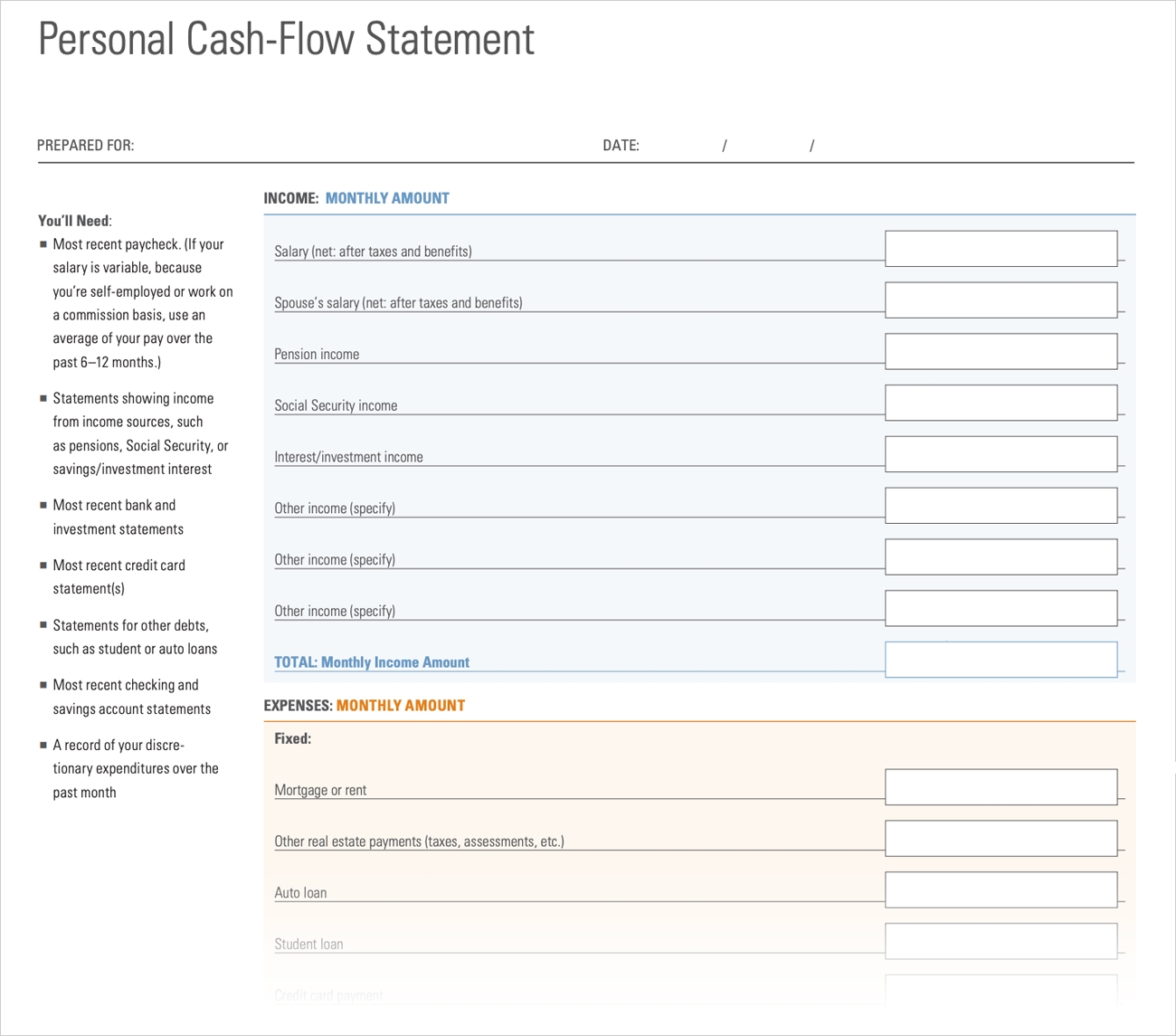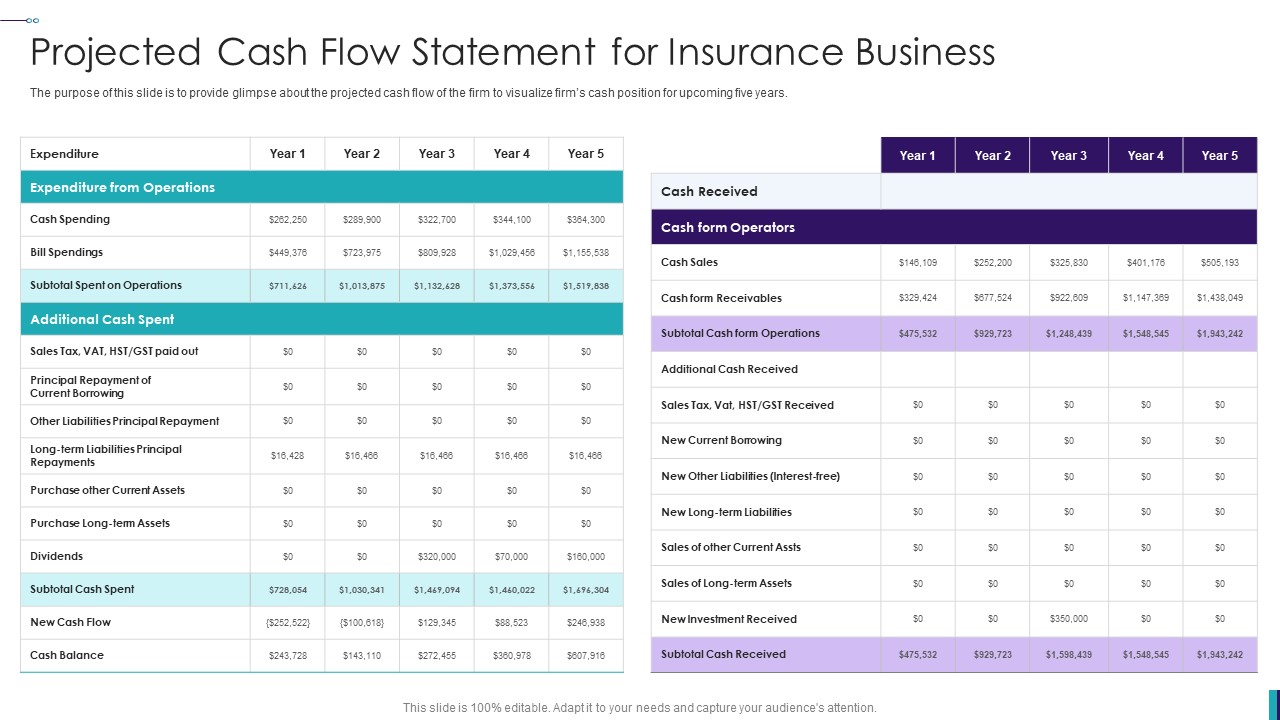

Finance
Outbound Cash Flow Definition
Published: January 4, 2024
Learn the definition of outbound cash flow in finance and understand its implications on your business finances. Stay informed and optimize your cash flow management.
(Many of the links in this article redirect to a specific reviewed product. Your purchase of these products through affiliate links helps to generate commission for LiveWell, at no extra cost. Learn more)
Understanding Outbound Cash Flow Definition: A Key Aspect of Financial Management
When it comes to managing finances, one crucial concept that often arises is outbound cash flow. But what exactly does this term mean? In simple terms, outbound cash flow refers to the amount of money that a business spends or disburses from its accounts. Understanding this concept is vital for effective financial management and making informed business decisions. In this blog post, we will dive deeper into outbound cash flow definition, its impact on a business, and how it can be managed efficiently.
Key Takeaways:
- Outbound cash flow refers to the money spent or disbursed by a business.
- It is essential to manage outbound cash flow efficiently to maintain financial stability.
Why is Outbound Cash Flow Important?
Outbound cash flow plays a significant role in the financial health and stability of a business. By understanding and managing outbound cash flow effectively, businesses can:
- Maintain financial stability: By monitoring and controlling expenses, businesses can ensure that they have sufficient funds to cover their day-to-day operations, pay their bills, and make necessary investments.
- Predict future cash flow: Accurately forecasting outbound cash flow helps businesses understand their financial obligations and plan for future expenses and investments. This allows for better financial management and minimizes the risk of unexpected shortfalls.
- Make informed decisions: Having a clear understanding of outbound cash flow helps businesses make data-driven and informed decisions about expenditures, such as determining the feasibility of new projects, assessing the profitability of investments, or prioritizing cost-cutting measures.
- Build investor confidence: Managing outbound cash flow effectively is vital for maintaining a positive reputation and building investor confidence. When potential investors see a business with a disciplined approach to managing expenses, they are more likely to view it as a financially sound investment opportunity.
- Identify areas for improvement: By analyzing outbound cash flow patterns, businesses can identify areas where expenses can be reduced or optimized. This can lead to cost savings and improved operational efficiency.
Effective Strategies for Managing Outbound Cash Flow
Now that we understand the importance of managing outbound cash flow, let’s explore some effective strategies that businesses can implement to improve their financial management:
- Budgeting: Creating a comprehensive budget that outlines all expected expenses can help businesses allocate their funds appropriately and avoid overspending.
- Cash flow forecasting: Regularly forecasting outbound cash flow allows businesses to anticipate upcoming expenses and adjust their financial plans accordingly.
- Negotiating favorable terms: Businesses can negotiate with vendors, suppliers, and creditors to secure more favorable payment terms, which can help manage cash outflows effectively.
- Monitoring and controlling expenses: Regularly reviewing expenses and identifying areas where cost reductions can be made is a crucial step in managing outbound cash flow efficiently.
- Streamlining payment processes: Implementing efficient payment processes can help reduce delays in cash outflows and improve overall cash flow management.
By implementing these strategies and continuously monitoring outbound cash flow, businesses can significantly improve their financial management efforts, minimize financial risks, and maintain a stable financial position in the long run.
Conclusion
Effective management of outbound cash flow is a crucial aspect of financial management for any business. By understanding the definition of outbound cash flow and implementing strategies to manage it efficiently, businesses can maintain financial stability, make informed decisions, and improve their overall financial performance. Remember, monitoring outbound cash flow is an ongoing process, and regular review and adjustment are essential to ensure financial health and successful business operations.














